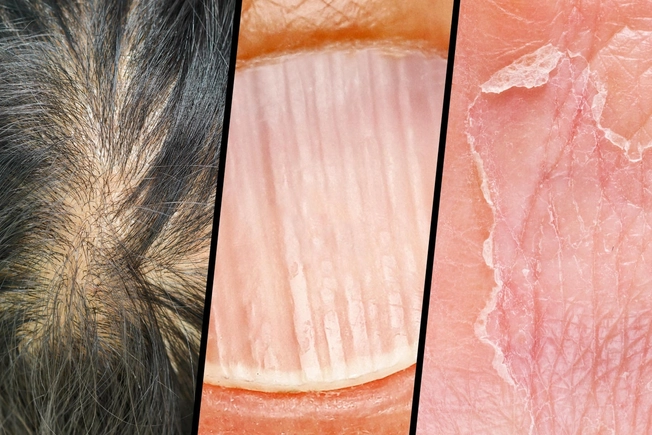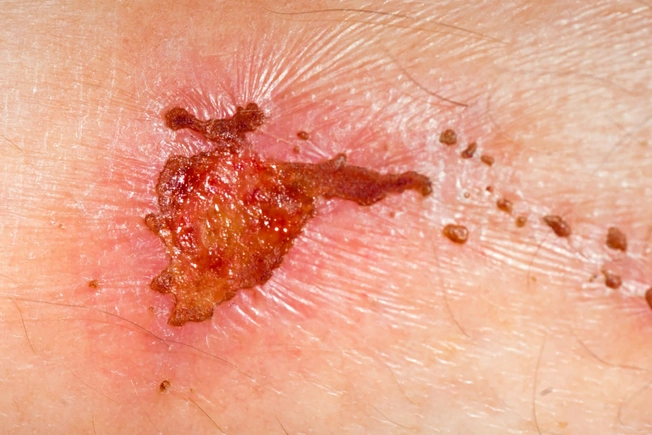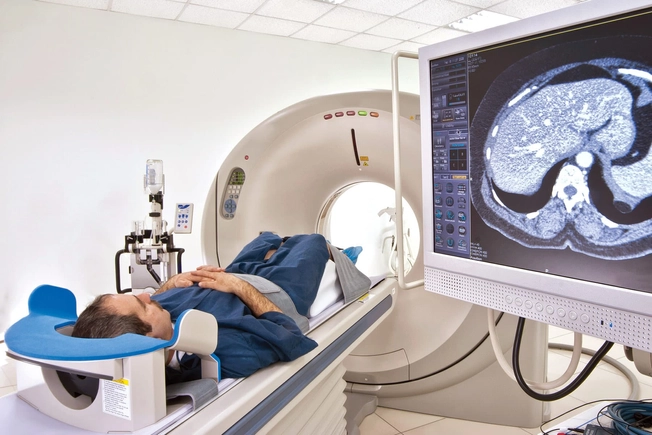Signs You're Not Getting Enough Protein


How Much Do You Need?
You should get a minimum of 10% of your daily calories from protein. (For a target of grams, multiply your weight in pounds by 0.36.) And you want it from a variety of sources throughout the day: A 6-ounce container of low-fat Greek yogurt for breakfast has about 17 grams; a serving of skinless chicken breast at lunch has about 25 grams; and a cup of black beans at dinner, about 15 grams. Your body breaks down and reuses the protein in many ways.

Swelling
One of the most common signs that you're not getting enough protein is swelling (also called edema), especially in your abdomen, legs, feet, and hands. A possible explanation: The proteins that circulate in your blood -- albumin, in particular -- help keep fluid from building up in your tissues. But many things can cause edema, so be sure to check with your doctor in case it's more serious.

Mood Changes
Your brain uses chemicals called neurotransmitters to relay information between cells. Many of these neurotransmitters are made of amino acids, which are the building blocks of protein. So a lack of protein in your diet could mean your body can't make enough of those neurotransmitters, and that would change how your brain works. With low levels of dopamine and serotonin, for example, you may feel depressed or overly aggressive.

Hair, Nail, and Skin Problems
These are made up of proteins like elastin, collagen, and keratin. When your body can't make them, you could have brittle or thinning hair, dry and flaky skin, and deep ridges on your fingernails. Your diet isn't the only possible cause, of course, but it's something to consider.

Weakness and Fatigue
Research shows that just a week of not eating enough protein can affect the muscles responsible for your posture and movement, especially if you're 55 or older. And over time, a lack of protein can make you lose muscle mass, which in turn cuts your strength, makes it harder to keep your balance, and slows your metabolism. It can also lead to anemia, when your cells don't get enough oxygen, which makes you tired.

Hunger
This one might seem obvious. Protein fuels you. It's one of three sources of calories, along with carbs and fats. If you want to eat a lot of the time even though you have regular meals, you may need more protein. Studies have found that eating foods with protein helps you feel fuller throughout the day.

Slow-Healing Injuries
People who are low on protein often find their cuts and scrapes take longer to get better. The same seems to be true of sprains and other exercise-related mishaps. It could be another effect of your body not making enough collagen. It's found in connective tissues as well as your skin. To make blood clot, you need proteins, too.

Getting or Staying Sick
Amino acids in your blood help your immune system make antibodies that activate white blood cells to fight off viruses, bacteria, and toxins. You need protein to digest and absorb other nutrients that keep you healthy. There's also evidence that protein can change the levels of disease-fighting "good" bacteria in your gut.

Who Might Come Up Short?
Most Americans get plenty of protein. People who don't get enough usually have an overall poor diet. Elderly people and people with cancer may have trouble eating as much protein as they need. Severe malnutrition from lack of protein is called kwashiorkor. It's more common in developing countries, especially with children, or after a natural disaster.

What About Athletes?
If you exercise regularly and eat a balanced diet, you're probably fine. But serious athletes with strenuous training schedules do need more protein -- about twice as much as the average person, or roughly 0.5-1 gram of protein for every pound of body weight each day. Don't overdo it though. Too much protein can also cause problems.
IMAGES PROVIDED BY:
1) (Left to right) ToscaWhi / Thinkstock, vkuslandia / Thinkstock, nehopelon / Thinkstock
2) WebMD
3) Amana Images Inc. / Getty Images
4) (Left to right) Srisakorn / Thinkstock, Toa55 / Thinkstock, Smithore / Thinkstock
5) Rawpixel / Thinkstock
6) 100 / Getty Images
7) Defun / Thinkstock
8) Antonio_Diaz / Thinkstock
9) semakokal / Thinkstock
10) Johnmaxmena / Wikipedia
SOURCES:
Institute of Medicine. Dietary Reference Intakes for Energy, Carbohydrate, Fiber, Fat, Fatty Acids, Cholesterol, Protein, and Amino Acids, The National Academies Press, 2005.
FDA: "Nutrition Facts Label: Protein."
Harvard Health Publishing: "When it comes to protein, how much is too much?"
KidsHealth: "Learning About Proteins."
Royal Society of Chemistry: "Dietary protein intake and human health."
USDA National Nutrient Database for Standard Reference Legacy Release.
National Research Council. Recommended Dietary Allowances: 10th Edition, National Academies Press, 1989.
Scallan, J. Capillary Fluid Exchange: Regulation, Functions, and Pathology, Morgan & Claypool Life Sciences, 2010.
Indian Journal of Psychiatry: "Understanding nutrition, depression and mental illnesses."
Cleveland Clinic: "Skin."
Indian Dermatology Online Journal: "Nail as a window of systemic diseases."
American Journal of Clinical Nutrition: "Inadequate protein intake affects skeletal muscle transcript profiles in older humans."
Harvard T.H. Chan School of Public Health: "Protein."
Current Opinion in Clinical Nutrition & Metabolic Care: "Protecting muscle mass and function in older adults during bed rest."
Mayo Clinic: "Metabolism and weight loss: How you burn calories."
ChooseMyPlate.gov: "Protein Foods: Nutrients and health benefits."
